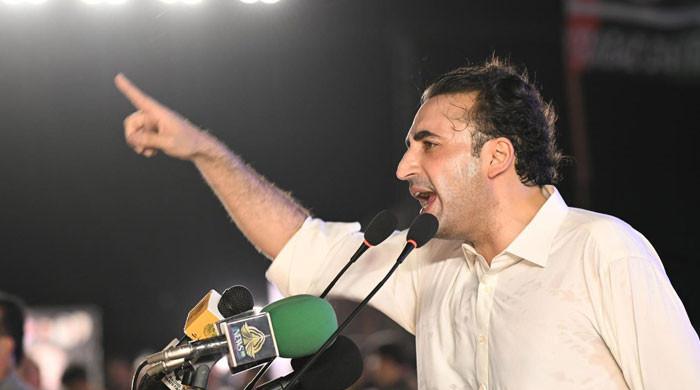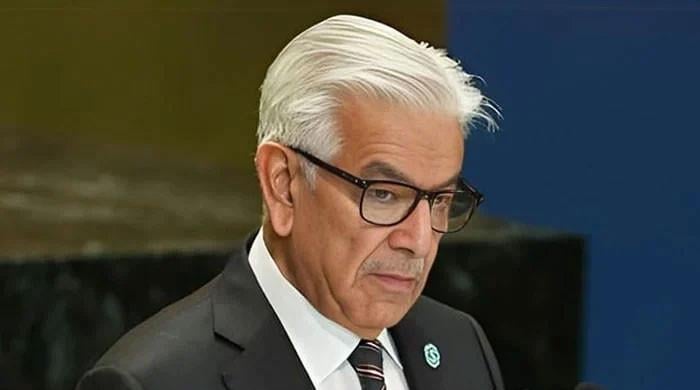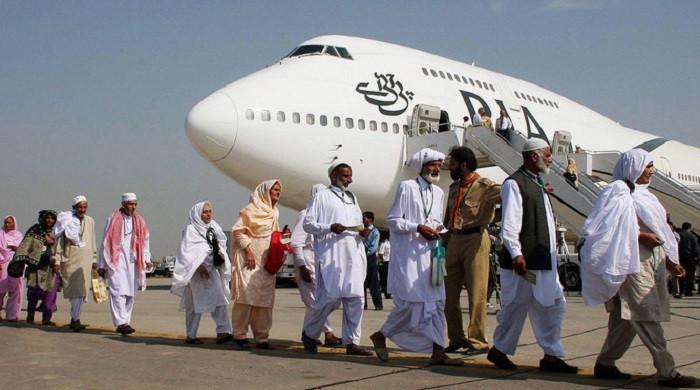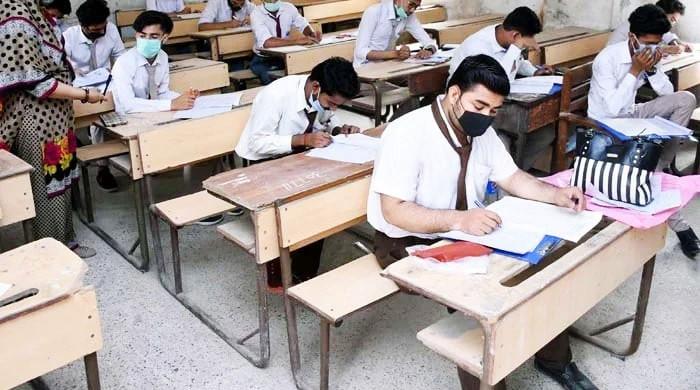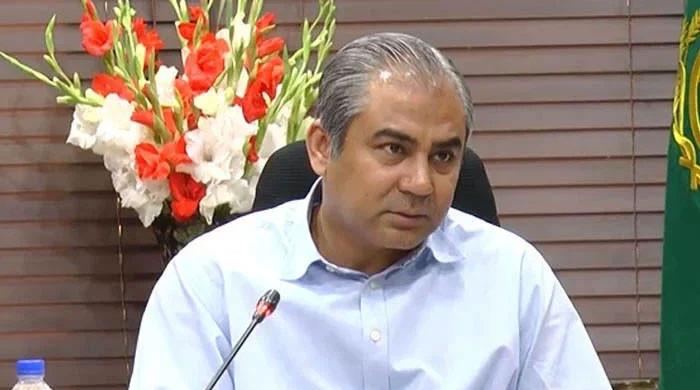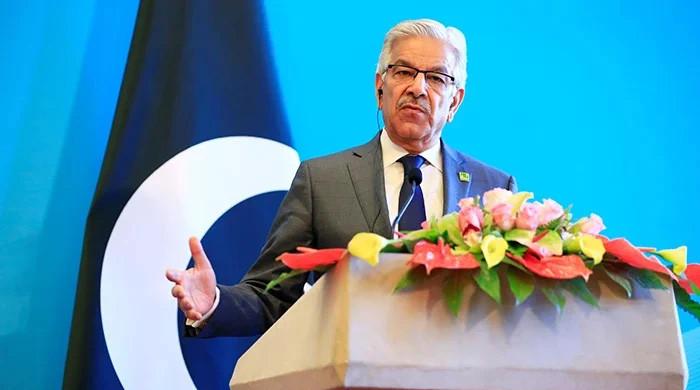Council of Islamic Ideology declares use of VPN 'un-Islamic'
Taking measures to prevent, restrict access to immoral content is in accordance with Sharia, says CII chairman
November 15, 2024
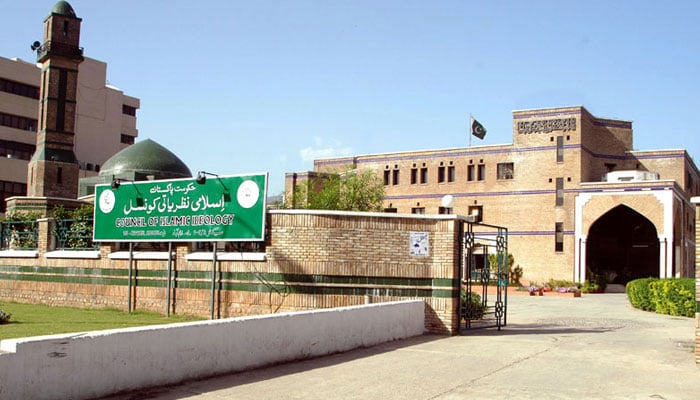
Stressing the need to block access to immoral or blasphemous content on the internet, the Council of Islamic Ideology (CII) on Friday declared the use of Virtual Private Networks (VPNs) as “un-Islamic”.
In a statement, CII Chairman Dr Raghib Hussain Naeemi said the government has the right to curb evil and prevent access to it.
He declared that taking measures to prevent or restrict the access to immoral and offensive content is in accordance with the Sharia.
In response to a query on whether VPN usage is permissible under Shariah, especially when used to access blocked or illegal websites, Dr Naeemi clarified that VPNs, while technically a tool for security and privacy, are often misused to access forbidden content.
These include obscene websites, platforms spreading misinformation, or those fostering anarchy within society, he said, adding that VPNs are also used for online theft and fraud, making it difficult to trace cybercriminals.
Under Islamic principles, he said that the permissibility of any act depends on its intent and method of use. He said using VPNs for unlawful purposes directly violates both Islamic and societal laws. Furthermore, he said Muslims are obligated to respect state laws, provided they do not contradict Islamic principles.
He warned that bypassing restrictions on blocked websites not only violates national laws but also goes against Islamic ethical principles.
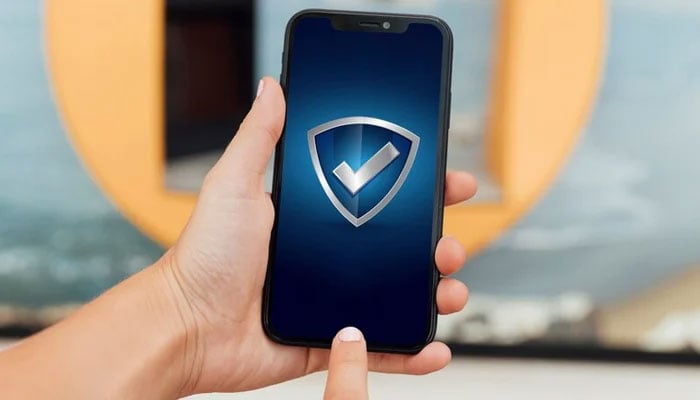
The development came hours after the Ministry of Interior wrote a letter to the Pakistan Telecommunication Authority (PTA) to block illegal VPNs, highlighting increasing risks to national security and public morality.
"VPNs are increasingly being exploited by the terrorists," stated the ministry's letter, a copy of which obtained by Geo News, "[…] to facilitate violent activities and financial transactions in Pakistan."
"Off late, an alarming fact has been identified, wherein VPNs are used by terrorists to obscure and conceal their communications."
Additionally, the unregulated VPNs were also being used for discreetly accessing pornographic and blasphemous content, it added.
VPNs are commonly used worldwide to bypass restricted content.
In Pakistan, the use of VPNs witnessed a spike after authorities banned social media site X (formerly Twitter) earlier this year over "national security" concerns.
However, when it comes to its misuse, Pakistanis are making up to 20 million daily attempts to access blocked explicit content via unregistered virtual private networks, despite government restrictions.
Pointing to another issue related to public morality, the ministry stated that "Pakistan is considered one of the countries where porn sites are frequently visited by using VPNs, however, these trends warrant the prohibition of unauthorised virtual private networks to address the critical threats".
In its formal request to ban these illegitimate platforms, the PTA was requested to "block illegal VPNs across Pakistan so that registered VPN users may not be affected".
"In addition, registration of VPNs with PTA may also be made till November 30, 2024," it asserted.




